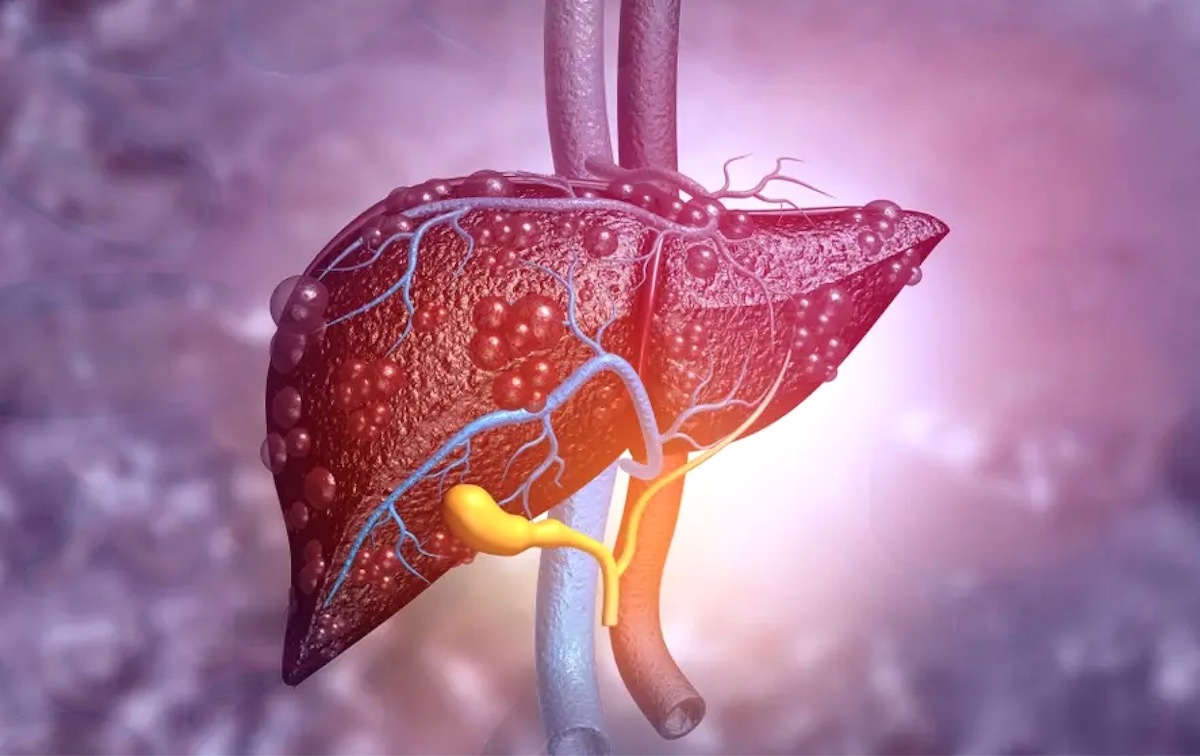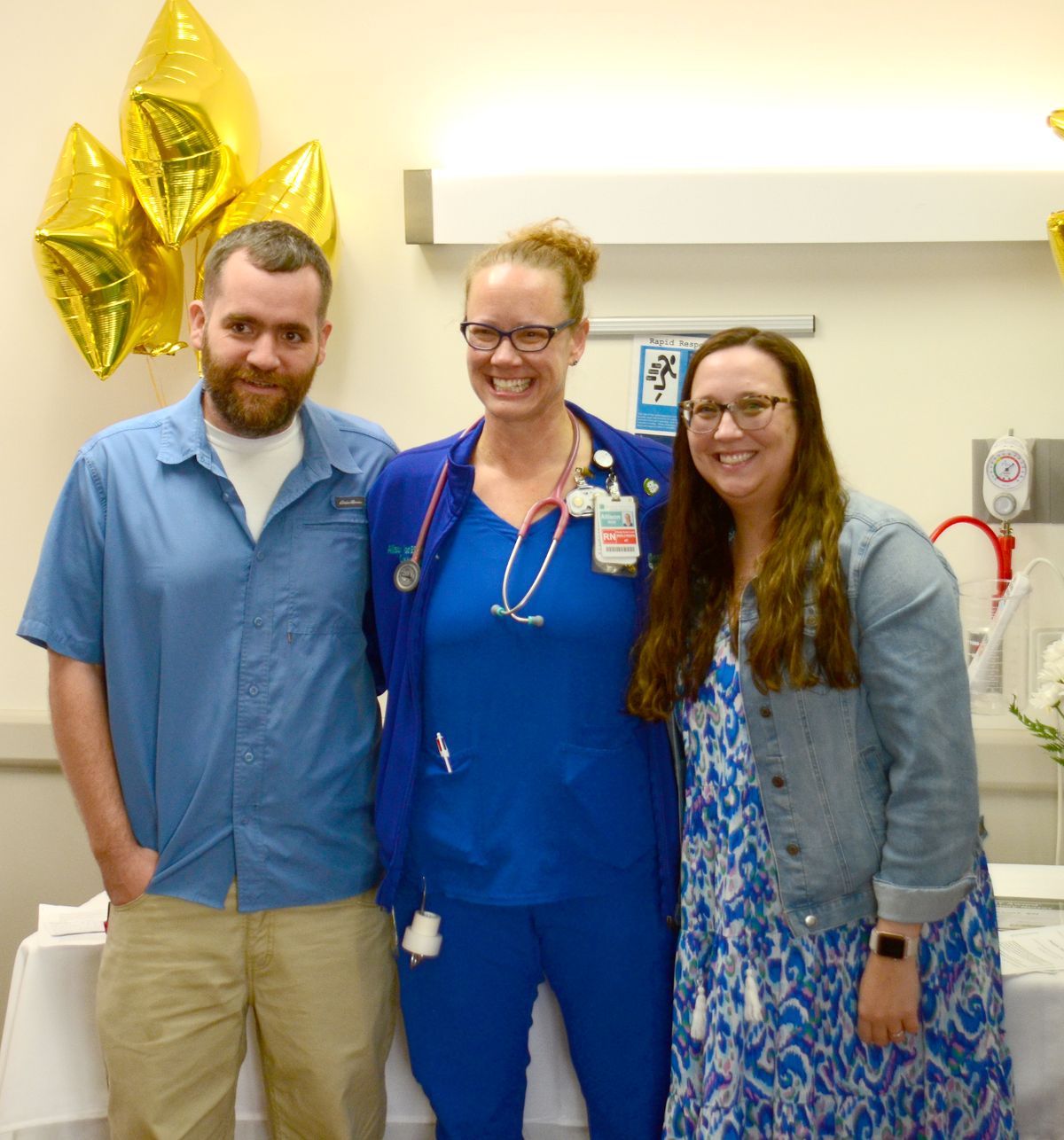
Q: Is it colon cancer or colorectal cancer?
A: In the U.S., these terms tend to be used interchangeably. Technically, colon cancer occurs in the colon (large intestine) and rectal cancer in the rectum (last six inches of the colon). Note that rectal cancer is different than anal cancer.
Q: Do you really need a colonoscopy?
A: Yes. It’s recommended that everyone 45 years old and older begin getting colonoscopies (if you have a family history of colon cancer, you’ll need to start sooner). Doctors prefer colonoscopies because, if something suspicious is spotted, they can take care of it on the spot. However, there are other screening options. Remember, the best screening option is the one that gets done.
Q: What are the signs of colon cancer?
A: Often, there are no signs until the cancer is advanced, which is why screenings are recommended. However, if you notice blood in your stool, a change in bowel habits, weight loss without trying, or pain or bloating in your abdomen, talk to your doctor about these symptoms.
—MUSC Hollings Cancer Center, https://myemail.constantcontact.com/Hollings-Headlines












